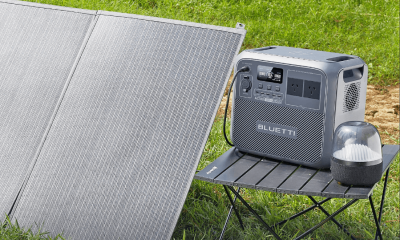National
Trump’s Tariffs Impacting Filipino Products

News credit to: INQUIRER.NET
Entertainment
SB19 Makes History with a Two-Night Kickoff for Simula at Wakas — A Celebration of Music, Milestones, and the Power of A’TIN
Entertainment
Freddie Aguilar, Filipino Music Legend, Passes Away at 72
National
Rodante Marcoleta Clinches Senate Seat in 2025 Philippine Elections
-

 Business10 months ago
Business10 months agoSM City Tagum, the New SM Mall Expansion in Mindanao, Now Under Construction
-

 Dipolog1 year ago
Dipolog1 year agoDipolog Doctors Medical and Diagnostic Clinic is now ready to serve you!
-

 Dipolog1 year ago
Dipolog1 year agoExploring Labason: A Blend of Hospitality, Culture, and Natural Beauty
-

 Business1 year ago
Business1 year agoNew Shopping Center in Dipolog is now Open!
-

 Business10 months ago
Business10 months agoSM City Davao Expands: Largest SM Mall in Mindanao to Feature National University
-

 Dipolog1 year ago
Dipolog1 year agoDiscovering Dipolog City: The Clean and Charming Gem of Western Mindanao
-

 Dipolog1 year ago
Dipolog1 year agoExplore Zamboanga del Norte: A Day of Discovery
-

 Dipolog1 year ago
Dipolog1 year agoIntroducing BLUETTI Portable Power Stations: Your Reliable Source of On-the-Go Power, Now Available in Dipolog City
















